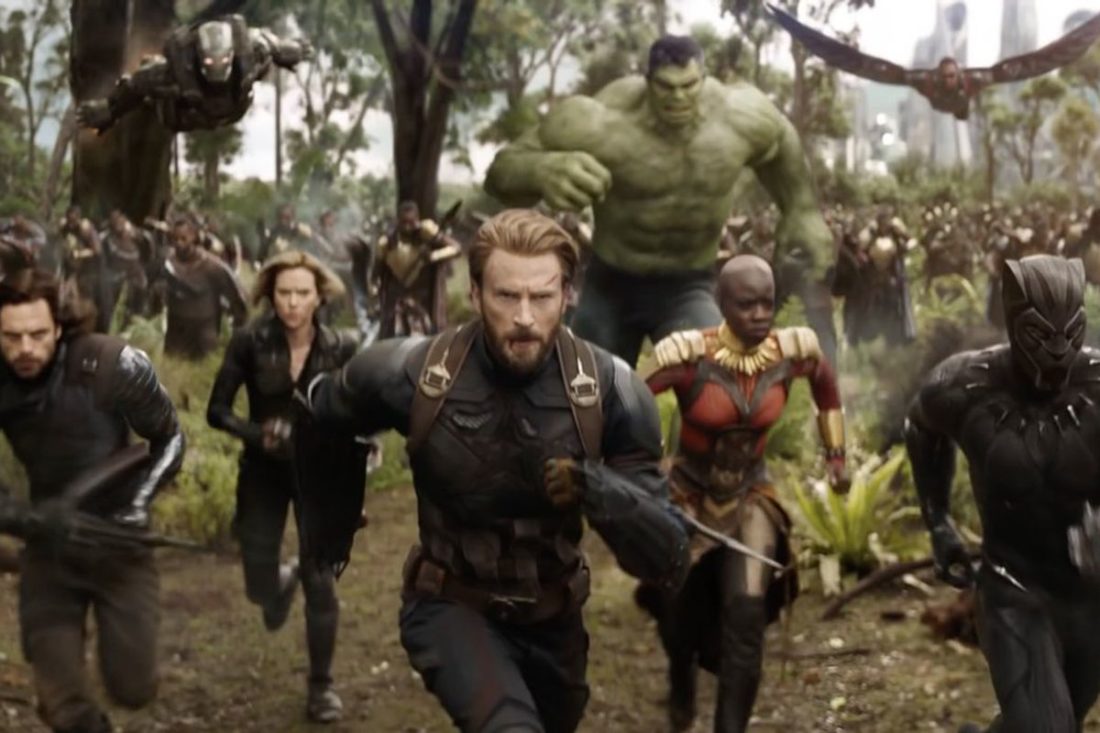After over 40 titles in the past decade, the phrase “Comic Book Movie Fatigue” is turning up almost as many times as Stan Lee cameos.
Most recently, Black Panther has been released to a deservedly positive reception. Ant-Man and the Wasp, Deadpool 2, and Avengers: Infinity War will all follow the King of Wakanda into cinemas before schools break for summer.
In 2015 Steven Spielberg predicted the comic book movie genre will eventually go the way of the western, riding off into the sunset. But with at least 18 more releases planned through to 2020, we’ll have to get used to a steady diet of superpowered cinema releases.
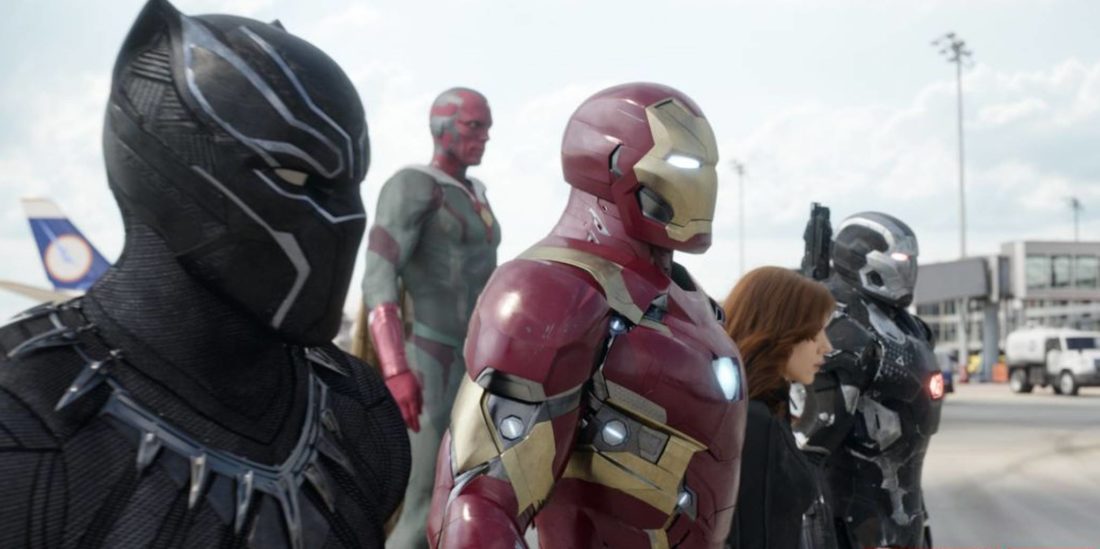
This is especially true with five of the top 10 opening weekends being superhero flavoured. Even Suicide Squad somehow managed to make over $133 million in its opening weekend.
Admittedly, the elements for fatigue are there. Having a grand total of zero director credits to my name, who am I to argue with Spielberg? Ah what the hell, here goes…there’s no such thing as Comic Book Movie Fatigue.
Or that is to say, there shouldn’t be. We don’t talk about “Sci-Fi Movie Fatigue”, “Comedy Movie Fatigue”, or “Liam Neeson Using His Particular Set of Skills to Hunt Bad Guys Fatigue”.
Ok, maybe that last one is a bad example. The point is we don’t throw out an entire genre because of Liam Neeson. If Steven Spielberg is proved right, it won’t be because of a bad genre. It’ll be down to too many bad films.
It’s a genuine concern. An overall fantastic run of comic book movies has led to some worrying tropes showing up to create a creeping sense of predictability into each release.
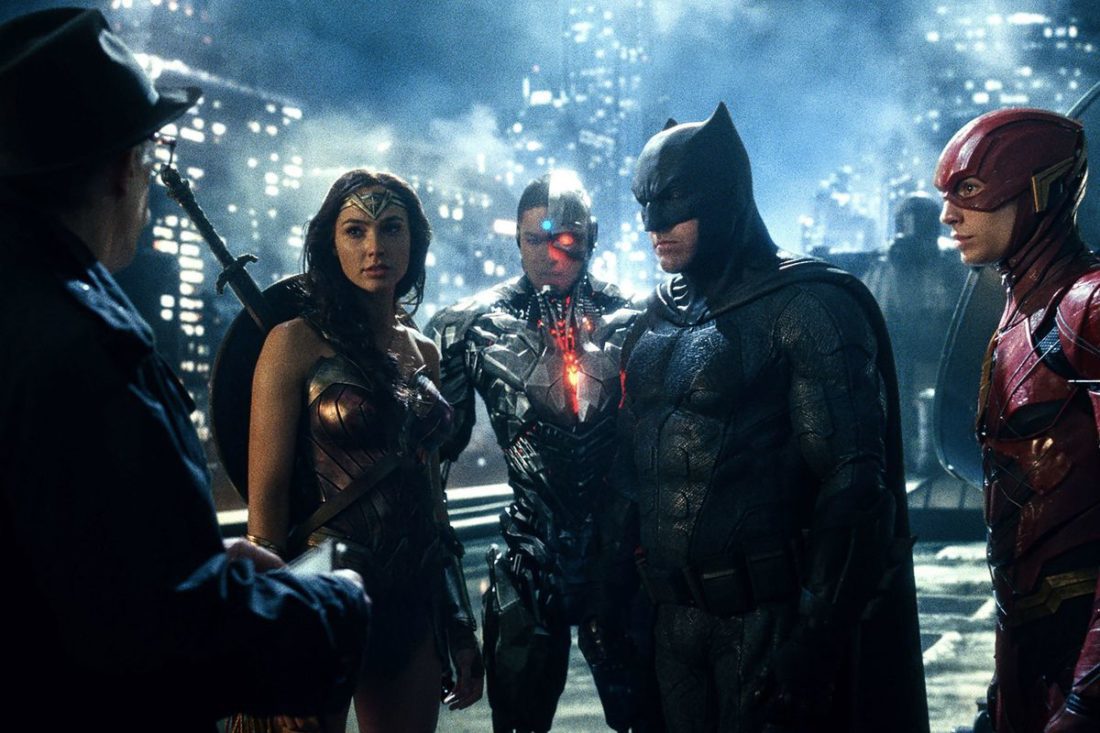
Some of this is practical. The comic book format is limited only by a writer’s imagination and artist’s talent. Filmmakers, on the other hand, need to think carefully about where scenes are set, characters, and length of a production. This means not everything on the page can realistically be translated to screen. Some compromise has to be made.
But this doesn’t excuse all wrongs. Some of this is down to risk-averse studios becoming comfortable with what works. If it brings consistent box office success, why change it?
Which means some of this is our fault too. If a movie does well at the box office (I like Will Smith as much as the next guy, but $133 million…really?!), a studio is more likely to keep it going. So while fans may complain about poorly executed or formulaic comic book movies, Spider-Man 3 and Iron Man 3 are among the highest grossing comic book movie releases.
So does that mean we can expect increasingly predictable and tired releases until audiences eventually turn their backs on the genre altogether?
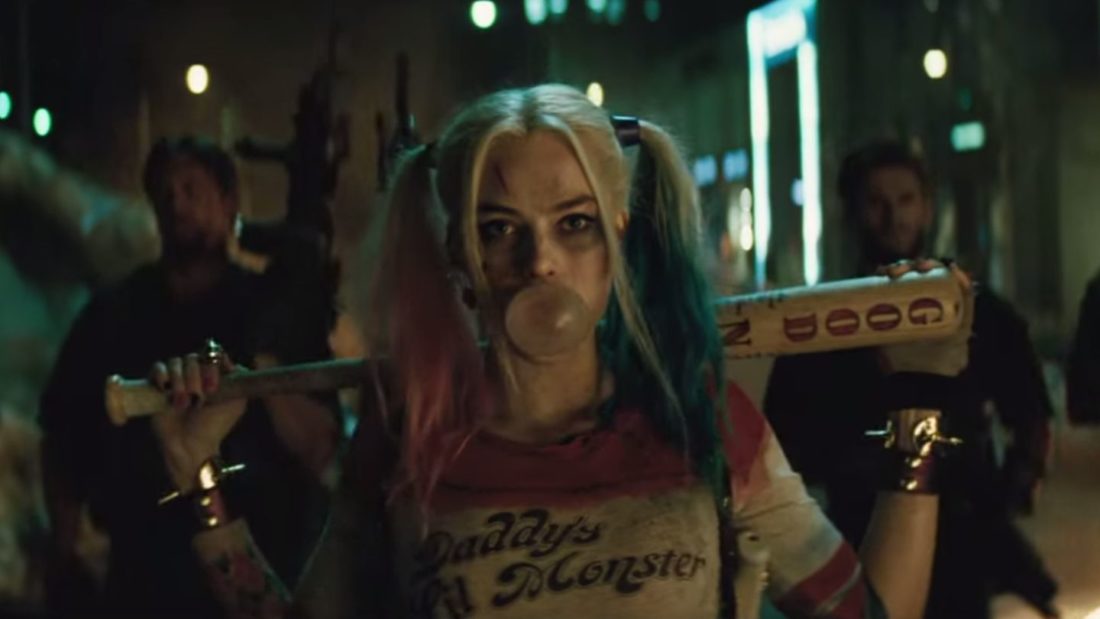
Not necessarily. Iron Man, Deadpool, Logan, Wonder Woman are examples of comic book movies done well. Black Panther’s critical and box office success shows there is a way to make something capable of satisfying both audiences and a studio’s bottom line.
But where there’s a Logan, there is also a Fantastic Four. The good momentum built by Wonder Woman was undermined by Justice League. To avoid any genre fatigue, studios will need to take lessons from the past decade of work and apply them to the next 10 years. A few come to mind:
Ditch origin stories
Considering there are only a couple hours available in your average blockbuster release, spending a significant amount of the story spelling out the hero’s origin is not a smart use of that time.
It means we don’t get enough time on character development or other more interesting parts of the plot. At this point, it’s not necessary to start at the absolute beginning. Where a backstory is needed, a better way can be found to inform an audience of what they need to know about the hero.
Director led releases
As well as Marvel Studios has done to lift the quality of comic book movies, a real concern is their tendency to stick to a very familiar formula.
But recently Thor: Ragnarok and Black Panther have felt different. Yes, both are still largely within the familiar Disney format of crowd-pleasing, humour-filled blockbuster. But each is clearly a product of each director’s vision and made more interesting because of it.
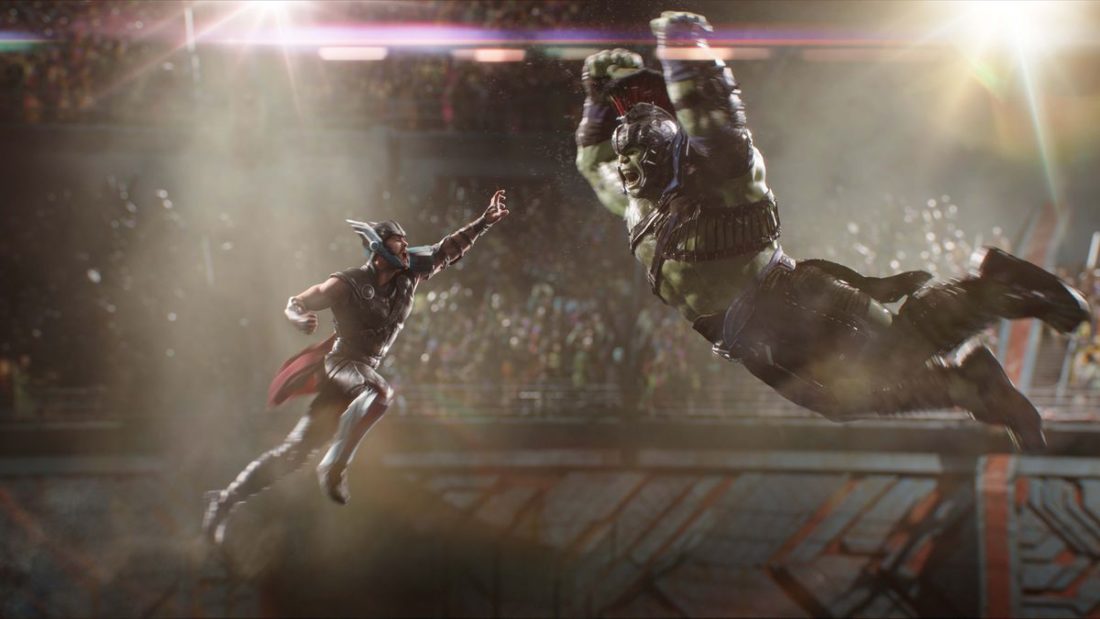
While that its own doesn’t guarantee success, it does allow for differentiated storylines that don’t descend to the formulaic. It’s one of the (many) reasons Justice League fared so poorly. It was “just” a superhero film with larger themes and a terrible villain.
Which brings us to the last point…
Make better villains
A good villain is everything. Comic book movies often fall short with poor villains who end up being copycat imitations of the hero, or an unempathetic CGI laden mess.
Unfortunately, examples are plentiful. X-Men Origins, Justice League, Thor: The Dark World, Iron Man 2 (and 3), Batman v Superman, Suicide Squad. Even a good Wonder Woman film was let down by the final over the top CGI villain showdown.
Heroes are only as good as the villain they’re up against. The best antagonists are ones that provoke genuine empathy. With relatable motived on the other side of a fight, the whole piece is made more impactful.
Michael Keaton’s Vulture in Spider-Man: Homecoming or Michael B Jordan’s portrayal of Killmonger in Black Panther are both great examples of what happens when the time is spent to develop a villain. Giving us a reason to relate to (and maybe even sympathise with) their goals.
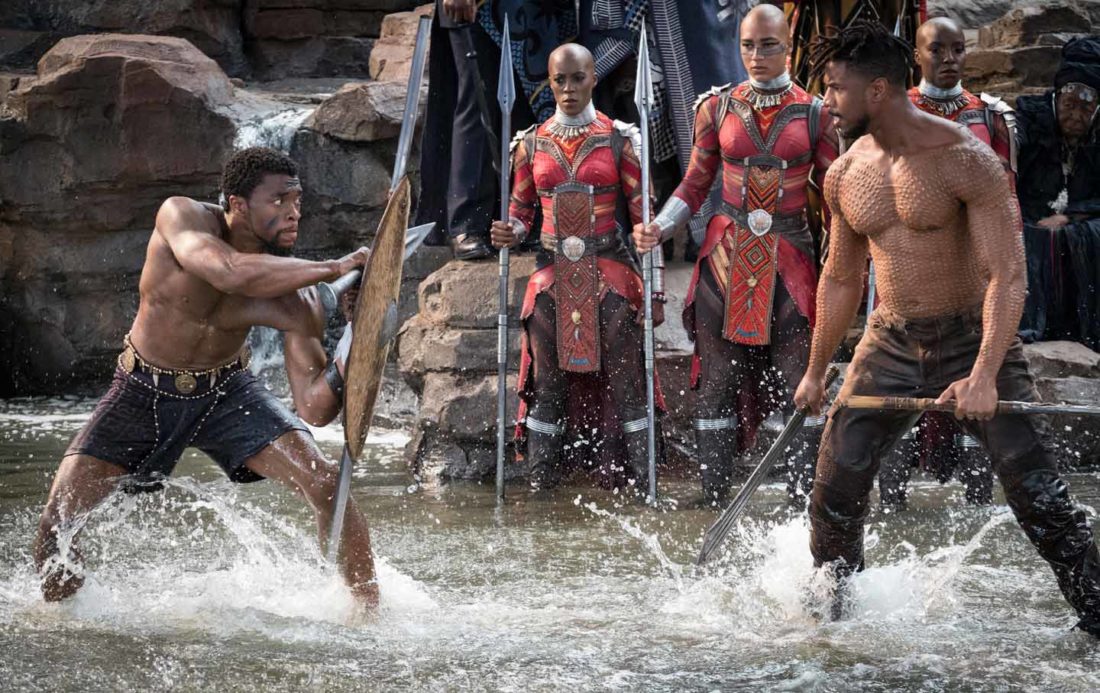
We’re now at a point where it’s not just enough to simply transfer comic book characters from page to screen. Cinema-goers, whether they’re familiar with the source material or not, want to see good films.
Comic book movies have made fantastic progress over the last decade, and with that progress comes great responsibility to do more. Expectations have been lifted and studios must resist the temptation to get comfortable and settle on the familiar.
If they stick with what has worked before, the genre will grow stale and die. But if they continue learning and improving over the next decade, the genre can prove Steven Spielberg wrong.
And I might just make a start on that copy of “Directing For Dummies”.


